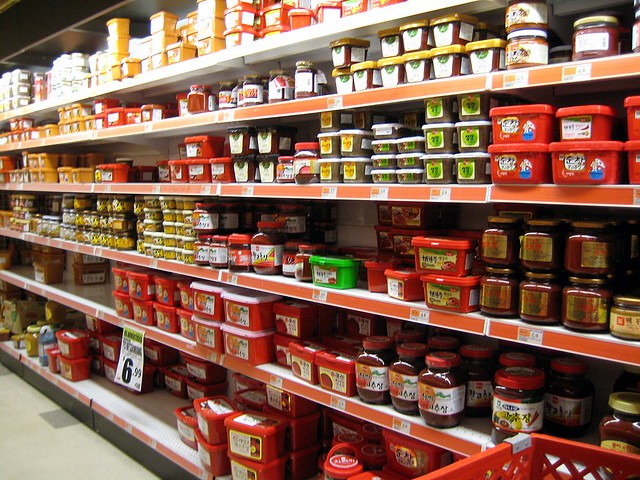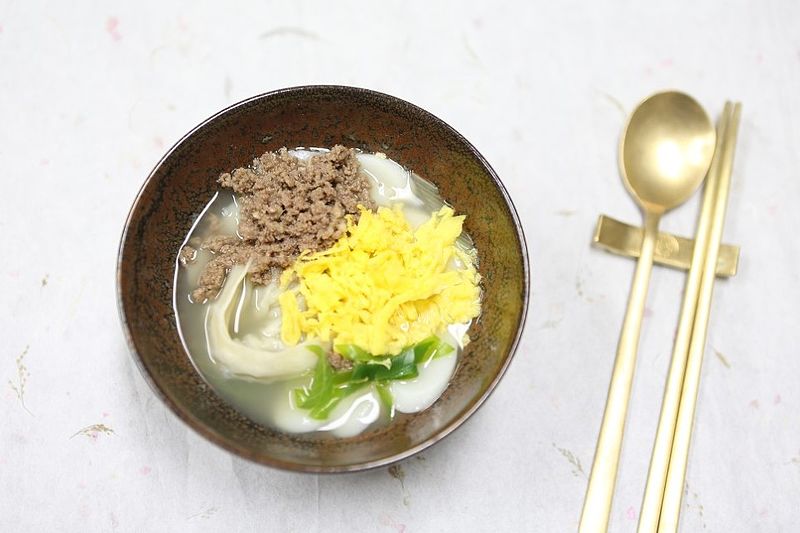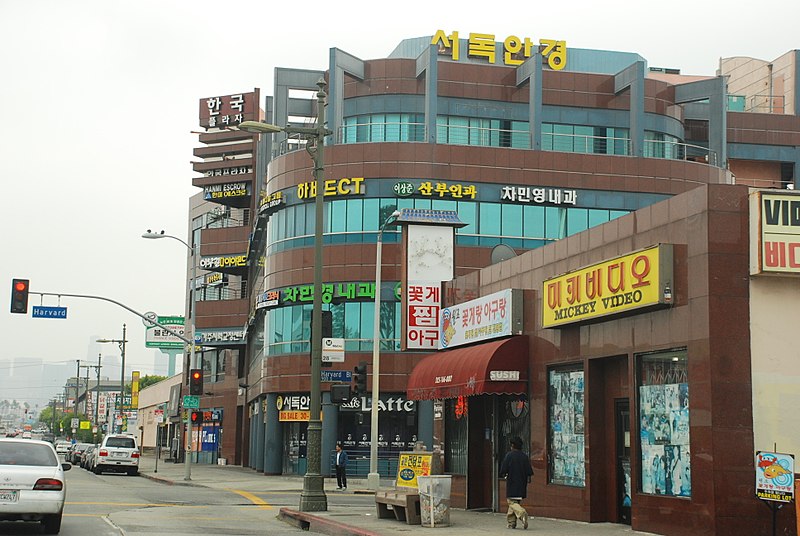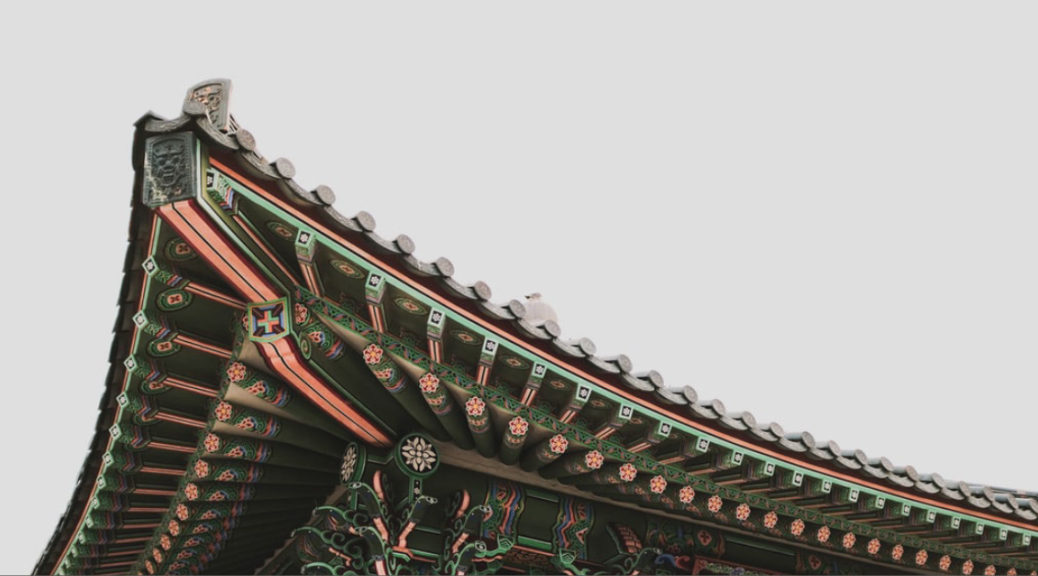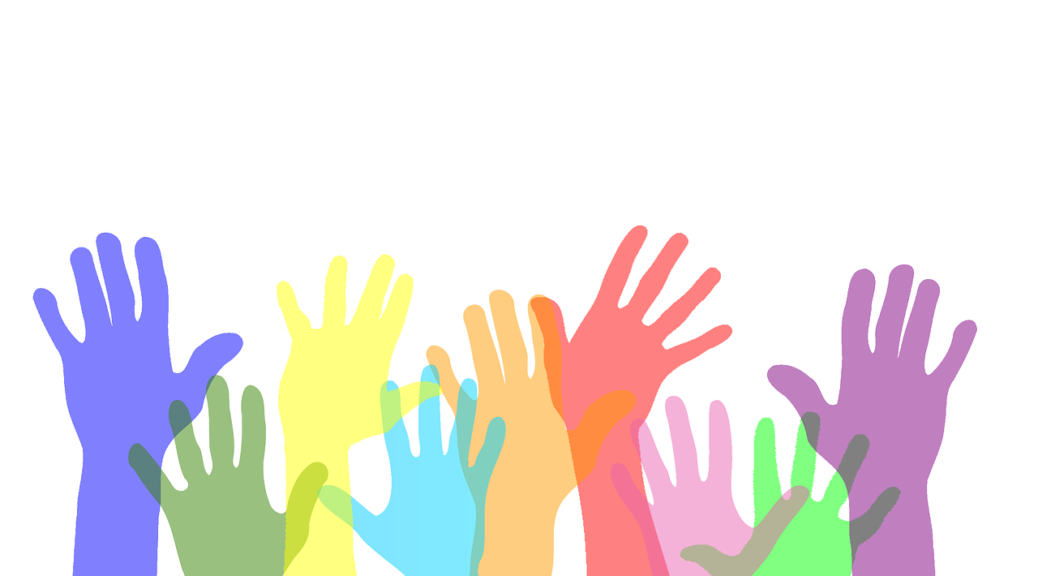By Ashna Tanna
I come from dark nights without electricity, to vibrant fireworks. From scorching heat, to shivering showers. From 20 people crowded around a tiny 1996 Samsung television watching Manchester United play Chelsea, to the largest screen in East Africa. From arrogant mosquitoes, to twirling palm trees, from skin burns, to cooling coconut juice.
I come from an international school with “Twiga” domes, swimming pools, music rooms, a couple of holes in the ceiling, stacks of year books, heart-warming teachers, and a bunch of completely strange teenagers. I come from sleeping with rats when climbing Mount Kilimanjaro with 24 of my friends, while also listening to the stories of the porters who have been climbing the mountain for 20 years.
I come from literature that has been shaped by Chimamanda Ngozi Adichie, and I come from a severe case of eye-rolling from questions like “OMG if you’re from Africa do you have elephants in your backyard?”. The ironic compositions of my environment, and the contrasts that continue to lace my life have given “my world” diversity that extends beyond diverse ethnicities, but stem from a diversity of opportunities. I have seen young girls walking with broomsticks to school, and I have seen students go off abroad to study. With two ends of an incredibly large spectrum, I have come to understand that opportunities are scarce, and that one should always be ready for them, and that no matter how hard your life is, there is no such thing as a life that’s better than yours.
I come from split cultures that have been merged through history. The cultural foundations of my life have influenced how I understand people, how I make decisions, and how I continue to try and break stereotypes, defend authenticity and truly value the cards I have been dealt. I have been privileged enough to have a sheltered, but exposed childhood, where I have had several opportunities and international experiences that allow me to thrive in any global environment.
Despite my “global” exposure, moving to LA for college was something I initially struggled with. I missed the warm ocean water, I missed my amazing friends, I missed the food, I missed the music, I missed the people, the language, the sunsets, the sunrises, the humidity, I missed everything, and I still do. At first, swimming amongst a sea of blonde hair was overwhelming, and I became so attached to what I had lost, that I forgot to live and enjoy what I was so blessed to have. I didn’t bother to meet new people (how could I possibly find better friends than the ones I already have?), I didn’t explore LA (because what could be better than my city), I didn’t make any effort to embrace anything. Eventually however, with time, I changed my perspective.
I made it a priority to explore as many opportunities, places and food as I possibly could. Embracing change, and adapting to change is a skill, and I envied people who mastered the ability to change with time, because I really struggled with this. However, I have finally realized that change is less scary when you understand that you have control over how you are going to react to that change. Your attitude can shape your relationship with change and lead to an abundance of fun times, stories, and opportunities if you allow it. I have made some really great friends here, met some really inspiring professors and have accomplished things I never would have dreamed of. And of course, I still miss home, but it’s comforting to know that my relationship with my friends back home have strengthened over time despite the distance, and I haven’t really lost anything, but instead, I have gained so much. I love LA in all its basic-ness, and you may just catch me chilling on the beach, dreaming of a Tanzanian sunset while sipping on some Starbucks iced coffee with nonfat milk.
Featured image from Wikipedia
Continue reading Dreaming of Tanzania →
